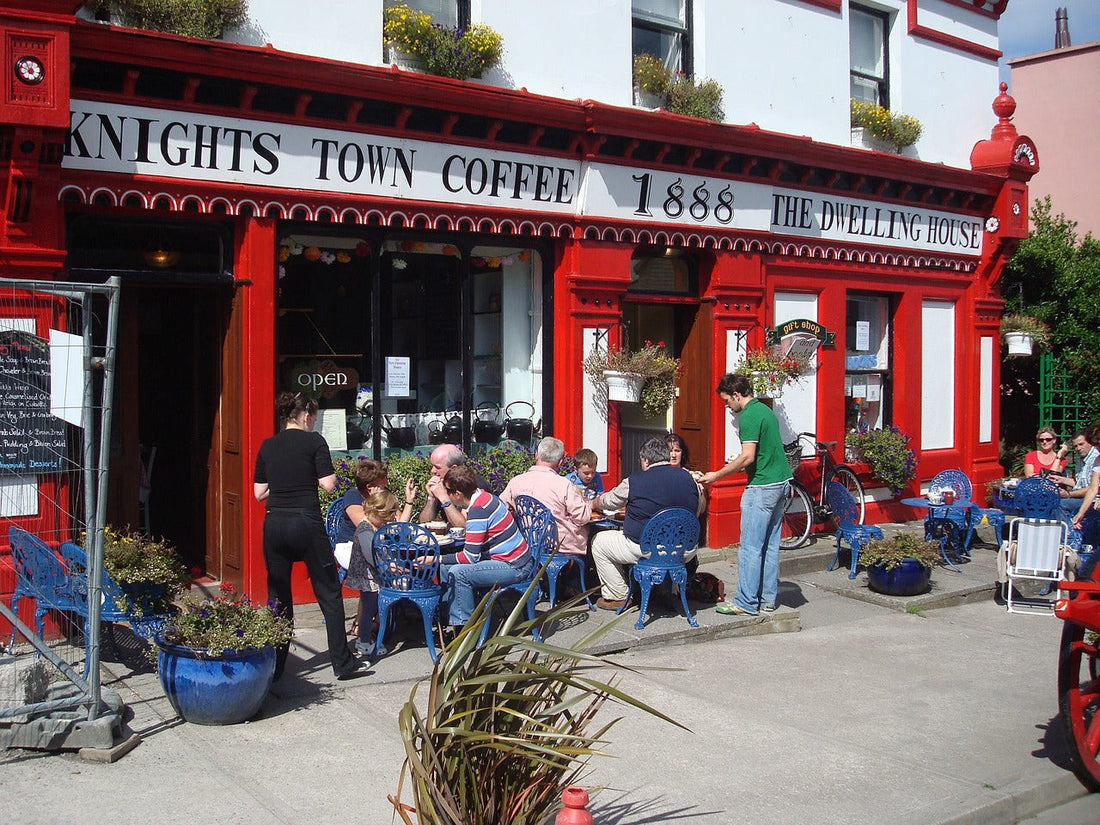The Impact of Cafes on Society and Economy

Share
The café, much more than a place to grab your morning latte, has woven itself irrevocably into the social and economic fabric of our societies. From the birth of intellectual discourse in European coffeehouses to the current surge of heavily digitized, instagrammable cafes, the societal impact is undeniable.
The most observable perk of a café is its title as a 'third place'. Not home (the first place), not work (the second place), but a third place where people can relax, read, converse, or just enjoy the world passing by. It's where ideas are ignited, friendships are kindled, and communities are built.
From an economic standpoint, the café industry heavily contributes to the global economy. According to Statista, the global coffee shop market was valued at about $237 billion in 2019 and is expected to reach $237.6 billion by 2025. The rise of cafes means more job opportunities, including a wide range of jobs, from baristas to managers, and from suppliers to cafe interior designers.
Moreover, cafes play a critical banner-carrier role for fair-trade and organic products, informing and educating people about the origin of their coffee beans, and the importance of sustainable and eco-friendly practices. This not only supports fair trade coffee growers but also shapes consumer consciousness towards sustainability.
Cafes also have secondary economic impact through 'café tourism'. Particularly in places like Italy and France, the unique café culture attracts tourists, supporting local businesses and contributing to the economy.
In recent times, cafes have also increasingly been acting as co-working spaces. The cultural shift to remote work or freelance work has made this flexible office arrangement popular. It's a win-win situation. Cafes increase their revenue while workers have a comfortable space to operate.
Overall, cafes have transcended their simple role of serving coffee. They are a cultural institution, a hub of social activity, a contributor to economic growth, and an advocate for sustainable practices.
The most observable perk of a café is its title as a 'third place'. Not home (the first place), not work (the second place), but a third place where people can relax, read, converse, or just enjoy the world passing by. It's where ideas are ignited, friendships are kindled, and communities are built.
From an economic standpoint, the café industry heavily contributes to the global economy. According to Statista, the global coffee shop market was valued at about $237 billion in 2019 and is expected to reach $237.6 billion by 2025. The rise of cafes means more job opportunities, including a wide range of jobs, from baristas to managers, and from suppliers to cafe interior designers.
Moreover, cafes play a critical banner-carrier role for fair-trade and organic products, informing and educating people about the origin of their coffee beans, and the importance of sustainable and eco-friendly practices. This not only supports fair trade coffee growers but also shapes consumer consciousness towards sustainability.
Cafes also have secondary economic impact through 'café tourism'. Particularly in places like Italy and France, the unique café culture attracts tourists, supporting local businesses and contributing to the economy.
In recent times, cafes have also increasingly been acting as co-working spaces. The cultural shift to remote work or freelance work has made this flexible office arrangement popular. It's a win-win situation. Cafes increase their revenue while workers have a comfortable space to operate.
Overall, cafes have transcended their simple role of serving coffee. They are a cultural institution, a hub of social activity, a contributor to economic growth, and an advocate for sustainable practices.

